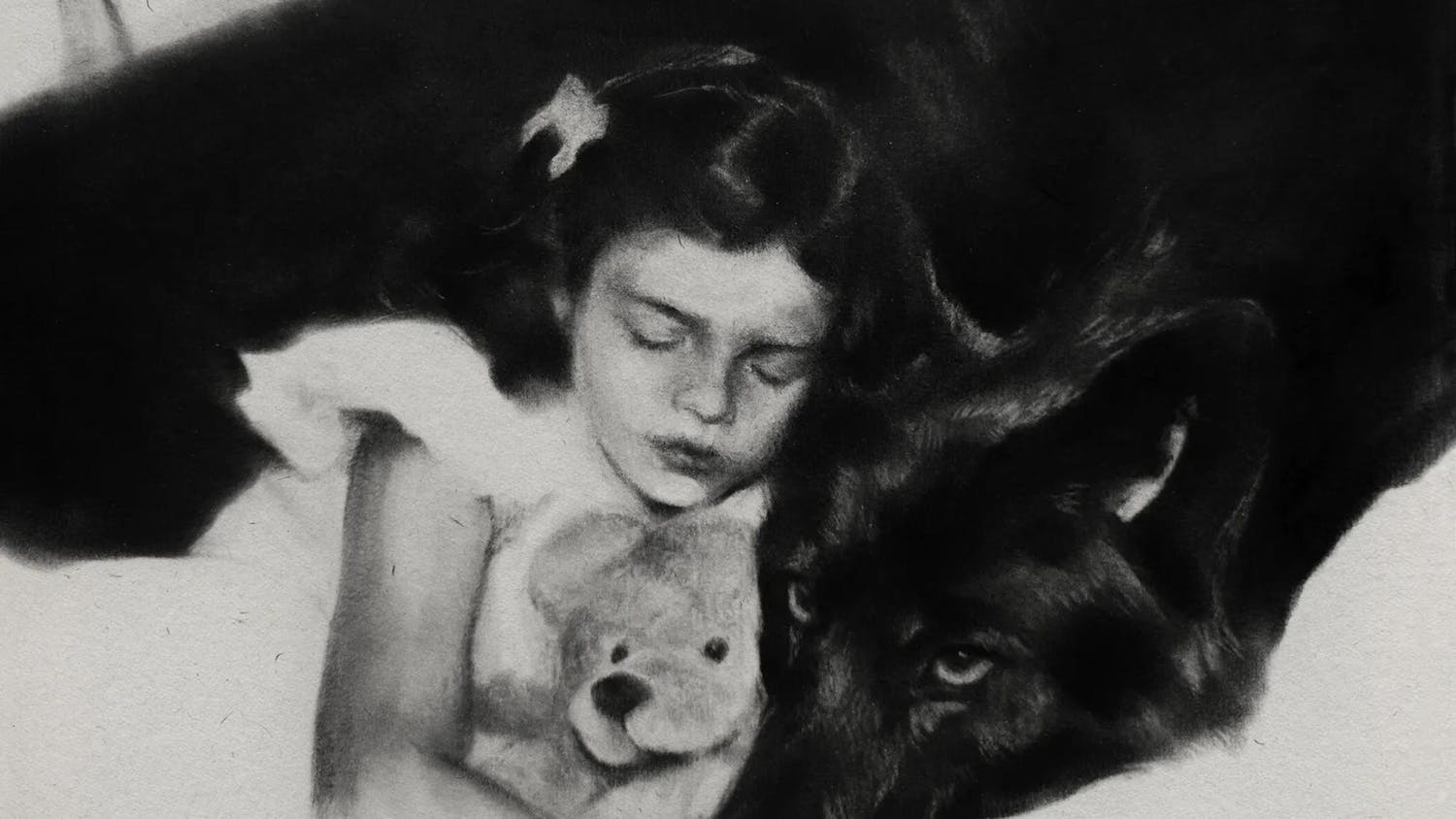Members of the Providence community flocked to the Nightingale-Brown House Tuesday for a discussion about the work and complex legacy of American composer George Gershwin.
“Reimagining Gershwin” was a part of the FirstWorks Artistic Icons Series, which explores artists whose works have greatly influenced the arts or have transformed their respective genres, said Kathleen Pletcher, executive artistic director of FirstWorks. “In this case, Gershwin has an incredible music legacy,” Pletcher elaborated.
The lecture aimed to examine Gershwin’s continued relevance and discuss some of the ways in which the composer’s music evokes a “number of issues to be explored about race and the African American (influences that are) incorporated” in Gershwin’s compositions, she said.
Taking the form of a panel discussion, the talk featured jazz critic Larry Blumenfeld; musician, composer and producer Melvin Gibbs; and saxophonist, composer and arranger Russ Gershon, as stated on FirstWorks’ website. “It’s an interesting, unusual stretch of speakers, and I’m excited to see the conversation between these three,” said Professor of Political Science Richard Snyder.
Much of the discussion focused on the theme of racial identity and cultural appropriation in the context of Gershwin’s musical achievements. “When you get to Gershwin, you know he’s famous, but you don’t know where the elements (in his music) came from,” Gibbs said to the audience.
A significant point of discussion was Gershwin’s controversial opera, “Porgy and Bess,” which is said to have been influenced by the Gullah culture. Gibbs, who is of Gullah descent himself, described how thinking about “Porgy and Bess” in the context of the Gullah culture changed his perspective of the piece and of Gershwin. “That’s what problematizes Gershwin for me,” he said. “As a craftsman, I have the highest appreciation for (him),” but the composer’s commonly accepted legacy obscures the accomplishments of his grassroots influences, he added.
Often, the speakers referred to their own experiences in the world of music. As a white jazz musician, “the idea of participating in this clearly African American form (of music) has been part of my DNA as a musician. I’m always very conscious of that,” Gershon said. “Willing ignorance or erasure of a source is sometimes a very dangerous thing.”
The lecture, entitled “Reimagining Gershwin: Rhapsody in Black and Blue,” was organized in partnership with the John Nicholas Brown Center for Public Humanities and Cultural Heritage, the non-profit arts organization FirstWorks and Snyder.
Accompanying the lecture is a performance of “American Rhapsody: The Gershwin Songbook,” which will showcase a 17-piece big band — the only band to be assembled by the Gershwin family themselves, Pletcher said. The performance will take place Feb. 22 at The Vets.




